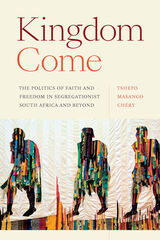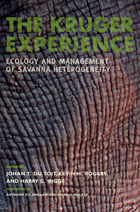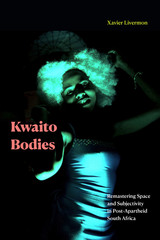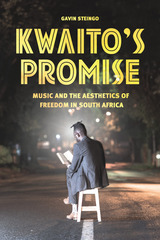4 start with K start with K


Kruger National Park in South Africa has one of the most extensive sets of records of any protected area in the world, and throughout its history has supported connections between science and management. In recognition of that long-standing tradition comes The Kruger Experience, the first book to synthesize/summarize a century of ecological research and management in two million hectares of African savanna.
The Kruger Experience places the scientific and management experience in Kruger within the framework of modern ecological theory and its practical applications. The book uses a cross-cutting theme of ecological heterogeneity -- the idea that ecological systems function across a full hierarchy of physical and biological components, processes, and scales, in a dynamic space-time mosaic. Contributors, who include many esteemed ecologists who have worked in Kruger in recent years, examine a range of topics covering broad taxonomic groupings and ecological processes. The book's four sections explore:
- the historical context of research and management in Kruger, the theme of heterogeneity, and the current philosophy in Kruger for linking science with management
- the template of natural components and processes, as influenced by management, that determine the present state of the Kruger ecosystem
- how species interact within the ecosystem to generate further heterogeneity across space and time
- humans as key components of savanna ecosystems
In addition to the editors, contributors include William J. Bond, Jane Lubchenco, David Mabunda, Michael G.L. ("Gus") Mills, Robert J. Naiman, Norman Owen-Smith, Steward T.A. Pickett, Stuart L. Pimm, and Rober J. Scholes.
The book is an invaluable new resource for scientists and managers involved with large, conserved ecosystems as well as for conservation practitioners and others with interests in adaptive management, the societal context of conservation, links between research and management in parks, and parks/academic partnerships.


Politicians and cultural critics have long criticized kwaito for failing to provide any meaningful contribution to a society that desperately needs direction. As Steingo shows, however, these criticisms are built on problematic assumptions about the political function of music. Interacting with kwaito artists and fans, he shows that youth aren’t escaping their social condition through kwaito but rather using it to expand their sensory realities and generate new possibilities. Resisting the truism that “music is always political,” Steingo elucidates a music that thrives on its radically ambiguous relationship with politics, power, and the state.
READERS
Browse our collection.
PUBLISHERS
See BiblioVault's publisher services.
STUDENT SERVICES
Files for college accessibility offices.
UChicago Accessibility Resources
home | accessibility | search | about | contact us
BiblioVault ® 2001 - 2024
The University of Chicago Press









